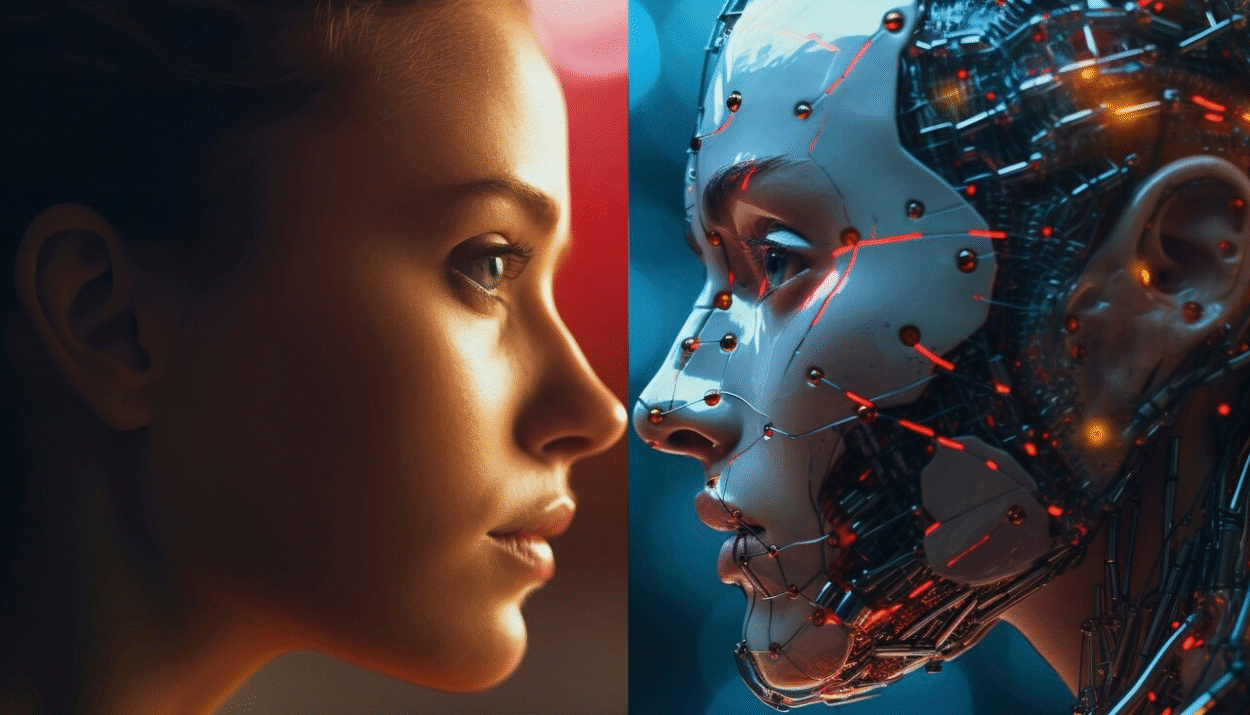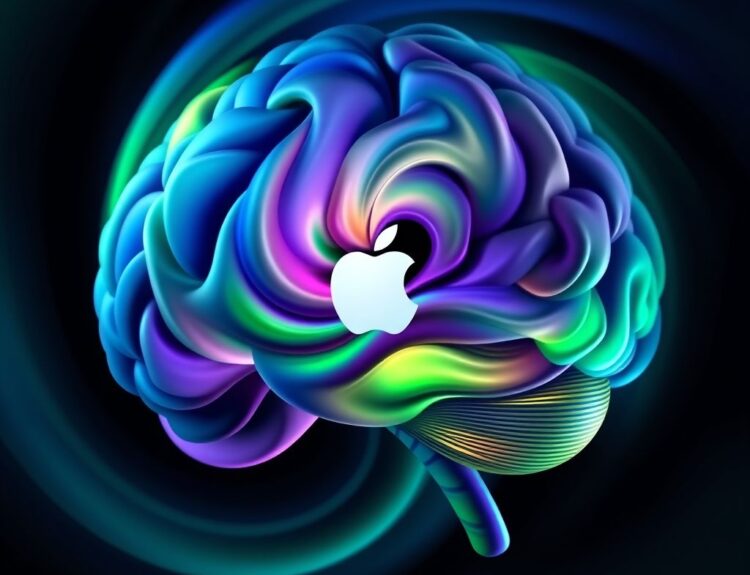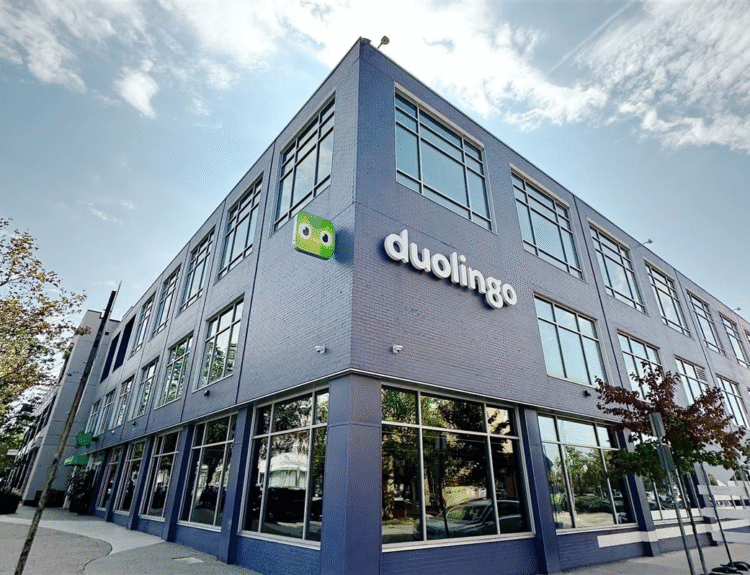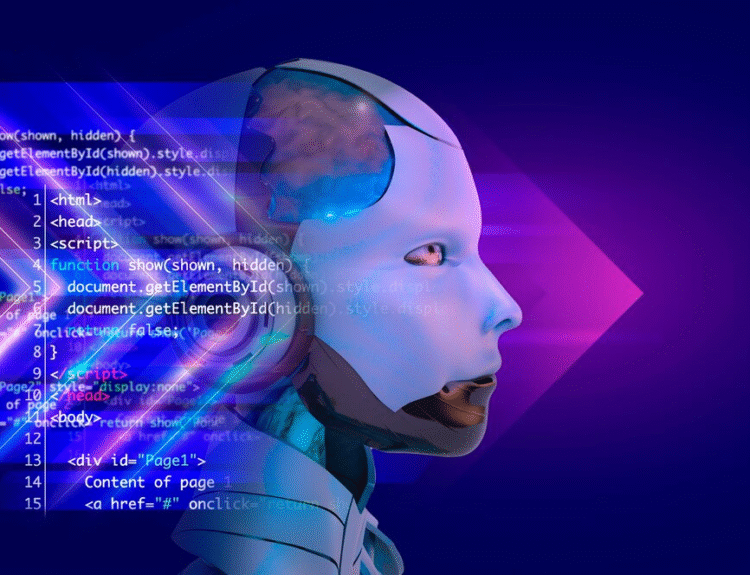I’ve been wrestling with some big questions lately, spurred by a fascinating piece I read about AI’s increasing capabilities. It got me thinking: if AI is poised to handle many of the tasks we traditionally associate with “intelligence,” what does that mean for our roles as humans? Are we headed towards a jobless future, or is there a brighter, more nuanced path forward? It seems to me that it’s time to talk about the Great Cognitive Migration – the shift in how we approach work and find meaning in an AI-driven world.
AI is Climbing the Cognitive Ladder – What Does This Mean for Us?
We’re seeing AI systems perform tasks that were previously considered the exclusive domain of human intellect. Think about it: AI excels at data analysis, pattern recognition, and even creative endeavors like generating art and writing content. McKinsey estimates that by 2030, AI could automate activities that account for up to 30% of the world’s working hours. That’s a significant chunk of our current labor landscape!
But here’s the key: this isn’t about AI “taking over.” It’s about recognizing that AI’s strengths lie in areas where it can process massive datasets and execute complex algorithms with incredible speed and accuracy. However, there are crucial domains where AI still struggles, and that’s where human potential truly shines.
Embracing the Human Edge: Creativity, Ethics, and Emotion
The article that sparked this train of thought rightly pointed out that humans need to lean into the areas where AI falters: creativity, ethics, and emotional intelligence. These are the qualities that make us uniquely human, and they’re becoming increasingly valuable in a world saturated with AI-generated content and solutions. A study by the World Economic Forum predicts that skills like analytical thinking, creativity, and leadership will be in high demand in the coming years. These aren’t skills that AI can easily replicate.
Consider the ethical implications of AI-driven decision-making. Who is responsible when an algorithm makes a biased or harmful decision? These are complex questions that require human judgment, empathy, and a deep understanding of societal values. Similarly, true innovation requires creative thinking and the ability to connect seemingly disparate ideas – a skill that currently remains firmly in the human realm.
Navigating the Cognitive Migration: Finding Purpose in the Age of AI
So, how do we navigate this “Great Cognitive Migration”? It’s about adapting our skills and mindset to complement AI’s capabilities. This means investing in education and training that focuses on developing uniquely human skills like critical thinking, communication, and collaboration. It also means embracing a mindset of lifelong learning, constantly seeking new ways to apply our skills in a rapidly changing world.
Furthermore, we need to redefine our understanding of “work” and “purpose.” As AI automates more routine tasks, we have the opportunity to focus on activities that bring us genuine meaning and fulfillment – whether it’s pursuing creative passions, contributing to our communities, or solving complex social problems. A recent Gallup poll found that employees who feel a sense of purpose at work are more engaged, productive, and less likely to experience burnout. Perhaps AI can free us up to pursue that purpose more fully.
Key Takeaways:
- AI isn’t a replacement, but a complement: Focus on skills AI can’t easily replicate.
- Embrace human strengths: Creativity, ethics, and emotional intelligence are paramount.
- Invest in lifelong learning: Adapt your skills to the evolving landscape.
- Redefine work and purpose: Find meaning in activities that AI can’t automate.
- Address ethical concerns: Human oversight is crucial in AI decision-making.
FAQs About AI and the Future of Work
- Will AI take all our jobs?
- It’s unlikely. AI will automate some tasks, but it will also create new opportunities. The key is to adapt and develop skills that complement AI.
- What skills should I focus on developing?
- Focus on skills like critical thinking, creativity, communication, collaboration, and emotional intelligence.
- How can I prepare for the future of work?
- Embrace lifelong learning, stay curious, and seek out opportunities to develop new skills. Also, consider how you can apply your unique talents to solve complex problems.
- What are the ethical implications of AI?
- AI raises important ethical questions about bias, fairness, and accountability. We need to ensure that AI is used responsibly and ethically.
- How can I find purpose in the age of AI?
- Focus on activities that bring you genuine meaning and fulfillment, whether it’s pursuing creative passions, contributing to your communities, or solving complex social problems.
“`






